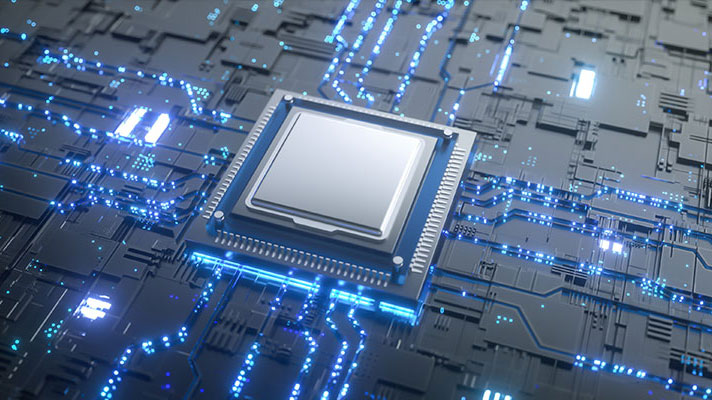In a strategic move, Meta has officially announced its intention to implement a cutting-edge custom semiconductor chip known as “Artemis” in its data centers. This innovative technology aims to elevate Meta’s AI capabilities, a strategic shift designed to lessen reliance on Nvidia.
Meta, the parent company of Facebook and Instagram, is gearing up to introduce an upgraded version of its custom semiconductor chip in its data centers. The move is aimed at bolstering support for artificial intelligence (AI) development within the company’s operations.
According to an internal document, Meta is gearing up for the development of a second generation of an in-house chip, internally named “Artemis.” This initiative is part of Meta’s broader strategy to enhance computing capabilities, particularly to accommodate more powerful generative AI products.

The Artemis chip mirrors its predecessor, emphasizing “interference,” where models employ algorithms to formulate judgments and generate responses to user prompts.
A representative from the company has confirmed these plans, stating that the updated chip is expected to debut in 2024. It will operate alongside “hundreds of thousands of off-the-shelf GPUs” that Meta has been acquiring.
“We see our internally developed accelerators to be highly complementary to commercially available GPUs in delivering the optimal mix of performance and efficiency on Meta-specific workloads.”
In the previous month, Meta CEO Mark Zuckerberg revealed plans for the company to procure 350,000 flagship “H100” processors from Nvidia by the year’s end.
The development of a new chip by Meta itself of this nature is positioned to contribute to cost reduction in production and energy, concurrently mitigating the company’s reliance solely on chips supplied by Nvidia.
Nvidia stands as a prominent market leader in the production of semiconductor chips, particularly those fueling advanced AI models. In the month of November, the company announced a staggering $18 billion in Q3 revenue, attributing its success to the significant impact of generative AI.
With a current market capitalization exceeding $1.56 trillion, Nvidia is strategically positioning itself for further expansion. Plans include introducing a new chip in China and establishing a hub in Vietnam to augment its array of offerings.
Nevertheless, Meta is not the only player considering the in-house production of chips. In October of the previous year, OpenAI, the entity behind the widely-used chatbot ChatGPT, expressed interest in potentially acquiring a chip-making firm to develop its own AI chips.
In January 2024, Sam Altman, the CEO of OpenAI, disclosed the company’s ambition to secure funds for the establishment of a series of semiconductor manufacturing facilities.
In a similar move, Microsoft joined the fray in November by unveiling its own chip named “Maia.” The company positioned it as the “last puzzle piece” in the infrastructure systems crafted specifically for AI tasks and generative AI.



